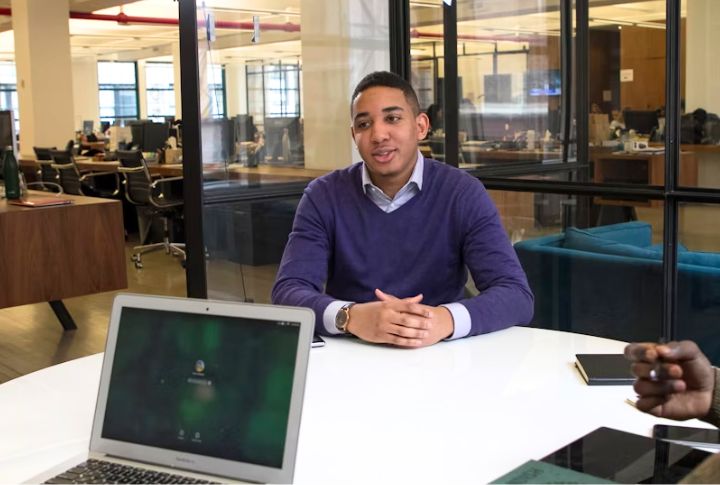
Job interviews can be nerve-racking, and sometimes the smallest habits say more than your resume ever could. Recruiters notice subtle cues that reveal confidence and authenticity—or the lack of them. Many candidates don’t even realize when they’re sending the wrong signals. Want to know which common behaviors can quietly sabotage your chances? Let’s break them down.
Overusing Filler Words

Verbal habits make a lasting impression on hiring managers. When candidates overuse words like “um” or “you know,” it signals a lack of preparation. Even compelling responses lose their impact when filled with these distracting elements. Therefore, practicing answers beforehand helps minimize these credibility-damaging fillers.
Avoiding Eye Contact

Direct eye contact builds trust during job interviews. In fact, many interviewers view avoiding eye contact as a red flag, since it can showcase discomfort or dishonesty. Fortunately, this habit can be improved by practicing with a friend or recording yourself.
Interrupting The Interviewer

The best application discussions flow naturally both ways. On the other hand, prospective employees who interrupt their managers mid-question demonstrate poor listening skills and a lack of professional respect. So, take a short pause after questions to ensure clear communication between the two people during discussions.
Speaking Vaguely

Vague answers can water down even the most substantial accomplishments. What impresses employers are clear, detailed examples that show impact. In fact, smart applicants rely on the STAR method—Situation, Task, Action, Result—to bring their stories to life and leave no doubt about the value they bring.
Nervous Fidgeting

Feeling jittery during interviews? Totally normal. Fidgeting with a pen or phone happens to almost everyone. To keep nerves from stealing attention, try setting your hands gently on the table, or practice small, intentional gestures. This keeps the focus on your answers while letting a little nervous energy fade naturally.
Overusing “We” Instead of “I”

Strong candidates own their accomplishments without diminishing team efforts. This is why the excessive use of “we” rather than “I” creates uncertainty about personal contributions in interviews. Meanwhile, employers specifically seek individuals who can articulate their distinct impact, yet maintain professional humility.
Dodging Direct Questions

Skilled hirers notice when applicants dodge direct questions by circling back with unrelated answers. This behavior also suggests a lack of transparency or attempts to hide weaknesses. Many recruiters will even rephrase questions to test directness. Therefore, clear, straightforward responses build essential trust with interviewers.
Checking The Clock Or Watch

Nothing says “I can’t wait to leave” quite like a watch-gazer in an interview. Hiring managers notice every glance, and suddenly, your enthusiasm disappears faster than the seconds on your wrist. Best strategy? Keep that timepiece hidden and let your skills, not your impatience, speak for you.
Talking Excessively

The art of conversation requires give and take. Hence, talking excessively without pausing for cues is a red flag that can overwhelm employers. If you fail to pause, you can also prevent a natural, two-way conversation from developing. Plus, candidates should allow the hirer to lead the conversation.
Overly Rehearsed Responses

Overly rehearsed responses often sound artificial and memorized. In fact, seasoned hirers can quickly detect when candidates recite scripts instead of speaking genuinely. Moreover, authenticity matters more than perfect delivery, and thoughtful answers create better chances of you getting selected for a desired role.
